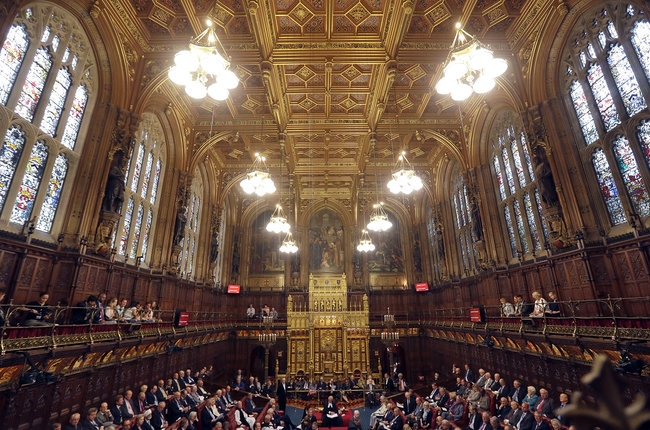Tougher regulations regarding the resale of tickets and the banning of bots in the U.K. have moved a step closer after Parliament gave its backing to legislative reform.
On Wednesday evening (Mar 29) members of the House of Lords voted in favour (180 to 157) of a small, but important amendment in the Digital Economy Bill that would force secondary vendors like Viagogo, StubHub, Get Me In! and Seatwave to disclose the ticket reference or booking number on all listings.
If the amendment becomes law, secondary sites will also be required to detail any specific condition attached to the resale of the ticket, such as if they require ID to enter a venue or concert. The measures are designed to stop the practice of speculative ticketing -- where touts list tickets for resale that they don't yet have -- and give buyers greater confidence when purchasing tickets from secondary vendors. The listing of booking references would also enable artists, managers and promoters to identify and theoretically cancel tickets that are being sold on secondary sites against their wishes.
The government's previously tabled change to the Digital Economy Bill to ban ticket bots was also accepted by Peers without a vote - making it almost certain to become law later this year. That particular amendment will give the government the power to set potentially unlimited fines for those who break the law by using bots to sweep up large numbers of tickets and sell them on at vastly increased prices.
"Despite concerted media and political scrutiny, the resale of tickets on platforms like Viagogo, Get Me In!, Seatwave and StubHub remains wholly lacking in transparency," said a statement from campaign group the Fan Fair Alliance. "This is the only online marketplace where buyers are given no identity about sellers - a peculiarity which is massively helpful to touts whose activities are anonymised, but not so much to consumers. It's is a recipe for bad practice at best, and outright fraud at worst."
Welcoming the Lords' decision, the Fan Fair Alliance said the "small" but "important" amendment to the Digital Economy Bill "could help provide more certainty that a ticket actually exists in the first place, as well as crucial details about terms and conditions of resale."
Under existing law, secondary vendors in the U.K. are already required to list a ticket's original face value, seat and row numbers and any usage restrictions, although as Professor Waterson's official report noted all four of the U.K.'s leading secondary sites -- Viagogo, Seatwave, GetMeIn! and StubHub -- regularly fail to do so.
Campaigners such as the Fan Fair Alliance hope that the proposed amendments to British law will remove some of the more unscrupulous elements of the secondary market if they are passed into law. The next stage of that process takes place on April 5 when the revised Digital Economy Bill has a third reading in the House of Lords. The bill then goes back to the Commons for them to approve any changes, re-draft or overturn the amended bill. Stakeholders in the live and secondary market will be watching with interest.








